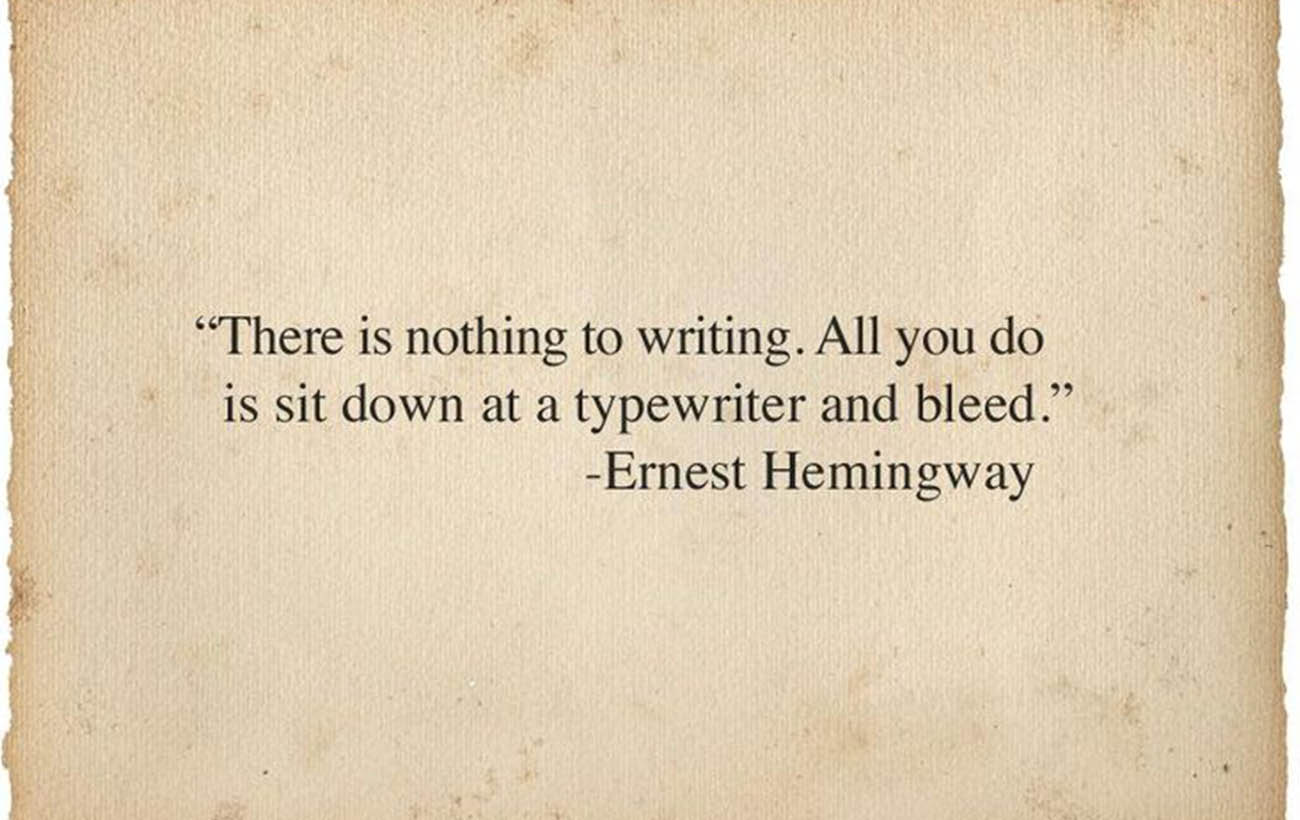Seven helpful tips for writing words on your website5 min read
As writers, we read, a lot. We also write a lot, and we have found that there are very helpful, and simple, tips to think about when you are going to write and publish words on a website.
1. Use a word processor
This may seem rudimentary (have to love Sherlock), but using a word processor like Microsoft Word or Google Docs can save you time and headaches. A word processor helps with structuring content, editing and it checks for spelling errors/grammar mistakes.
Another added benefit of a Word Processor, especially online ones like Google, is that it is easy to collaborate. I’m not the biggest co-writer in the world, but it is a nice feature to have.
2. Use a grammar checker
Even professionals use tools like grammar and spelling check, so know that you’re not alone. We personally use Grammarly, but that doesn’t mean you have to. There are hundreds of applications available that check for grammar and spelling. You’re a Google search away from finding a whole swath of potential applications. Try a few and pick the one that’s right for you.
It’s a great feeling to know that your words are spelled correctly and your brand is being represented strongly online.
P.S. If you’re really concerned about your grammar and writing for publications, then pick up an AP Stylebook.
3. Capitalize your letters
Grammar rules exist because that’s how we communicate with humans and there are standards. Can you imagine being a pilot for a major airline and being like, “Eh, today I’m not going to follow protocol, we’re going to wing it.” I imagine that you wouldn’t have a job for very long.
Things that are capitalized:
- Proper nouns are always capitalized
- First letter in a sentence
- Titles
- Mountains
4. Review
The words that you are going to have online are a reflection of your company, so you want to make sure that they make sense. Have someone review them, edit them so that they flow, are consistent and really make a point.
For example, this article has been reviewed for grammar before it was published on this site. It’s going to be on the internet after all, and that’s a big deal.
Lastly, give yourself plenty of time for editing and reviewing. This is a crucial step in content development and shouldn’t be taken lightly. You wouldn’t expect to publish a whole month’s worth of content in a day, or write a book in a few hours, so set realistic deadlines and make consistent forward movement. Focus on moving the needle and before you know it you will be publishing articles.
5. Read it out loud
Great writing sounds personal. It has a voice and feels like it’s coming from a friend. So, if it doesn’t make sense, or doesn’t sound right when you read it out loud, then there is a high chance that something is off. So, fix it :).
Try reading it to a friend and ask for honest feedback. Did you feel like this was of value to you? Does it make sense? Would you recommend it to someone else?
And if after all this you still can’t fix it and are bashing your head up against a wall then send us an email – we would love to help.
6. Use a content calendar
A content calendar is like a map for writing – it’s your best friend. It illuminates where you are going, and why. Whether it’s content for social media, a blog, or a print publication, a content calendar helps you plan and execute a strategy.
We’ve gone ahead and created a mockup of what a calendar could look like, it doesn’t have to be fancy and can be done in either a spreadsheet, like the one below, or an content program like CoSchedule.
P.S. If you’re looking for an example, you can click here for a content calendar featuring cool cats.

7. How to find content ideas
A great way to find content ideas for your niche is to search on google for things relating to your field. Let’s say you’re a plumber, then head on over to google and type in “how to fix your sink…” and you will get results like these below-

Based on these answers you could write an article about different ways to fix your disposal because a lot of people are searching for it. This positions you as an authority within your space and provides value to those looking for it. Not to mention you could create a series of articles on different ways to fix your sink.
Another great resource for generating ideas is to use a site like Quora where people ask questions about a wide range of subjects. Let’s say you find a question like the one below.

Not only can you answer the question within Quora but this is a great opportunity to write an article centered around your experiences as an entrepreneur. In your answer, you can link to the longer form answer (longer article) on your website. So, not only are you helping, and providing value where someone is reading but now you are providing a link back to your site and helping your SEO in the process. Talk about a win-win.
Another great way to come up with content for your community, or readers, is to simply ask. Perform a poll. Ask them what types of content they would you like to see? It never hurts to ask.
I hope these seven tips provide some value and help for the next time you write an article.







